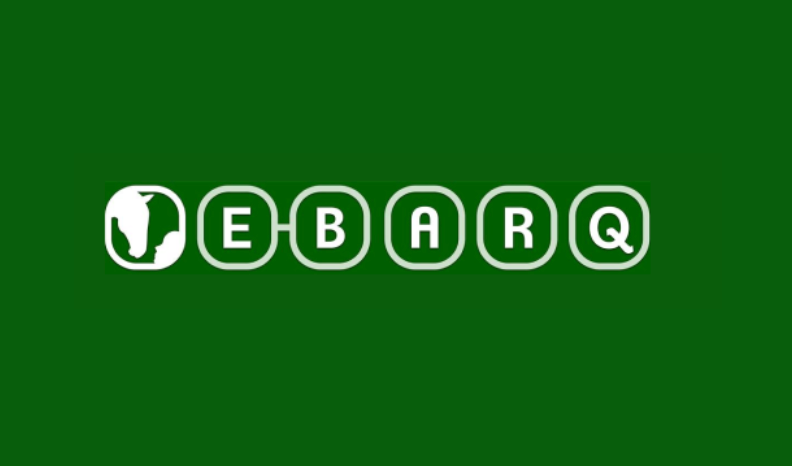Exclusive: Honorary and Founding Fellow's Update
07.07.2023

In a recent update from Professor Paul McGreevy, it has been revealed that the Equine Behaviour Assessment and Research Questionnaire (E-BARQ) is thriving in multiple languages, namely Spanish, French, Turkish and Chinese. The E-BARQ team expresses their gratitude to several esteemed colleagues who have generously translated the questionnaire into additional languages. Sibel Danisan's Turkish translation has recently gone live, marking another milestone in the project's expansion.
The dedicated professionals behind E-BARQ also acknowledge the invaluable contributions of Kyung Eun Lee (Korean), Monamie Ringhofer (Japanese), Aleksandra Górecka-Bruzd (Polish), Uta Konig von Borstel (German), Elke Hartmann (Swedish), Angelo Telatin (Italian), and Julie Taylor (Danish) for their translation efforts. The team eagerly anticipates the availability of these translations and will keep the community informed.
Seeking to enhance their global equitation science project, the E-BARQ team invites interested individuals to contribute to the ongoing translation efforts. Researchers and university students who are members of the International Society for Equitation Science (ISES) can apply to access E-BARQ data for their own research projects. By logging in and exploring the collaborative agreements outlined on the FAQ site, applicants can gain valuable insights.
Furthermore, ISES members are encouraged to recommend the E-BARQ instrument to equine veterinarians, breeders, therapists, rescue organizations, coaches, instructors, and trainers. These members can form E-BARQ Groups at no cost, enabling participants to compare their horses' behavior not only with the general E-BARQ population but also with their specific group. Group administrators have access to Share-&-Compare graphs of all members, facilitating long-term monitoring of their horses' behavior.
In other news, Professor Paul McGreevy, has announced their upcoming transition to retirement. He will be leaving the University of New England (UNE) at the end of December to focus on a three-year funded research program at the University of Sydney and their consultancy work. This exciting endeavor promises to further their contributions to equine research and development.
Stay tuned for more updates as E-BARQ continues to make strides in promoting equine welfare and advancing scientific understanding in the equestrian community.
You can find out more about E-BARQ and participate here: https://e-barq.com/









